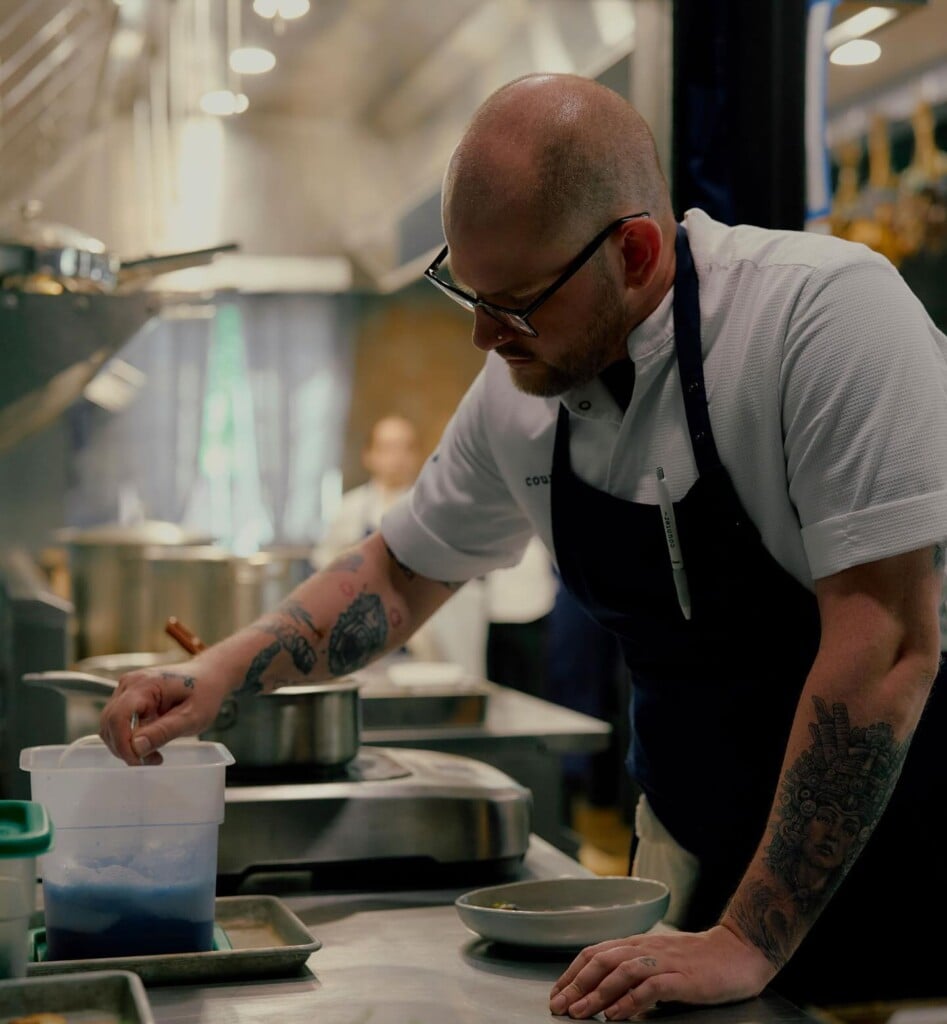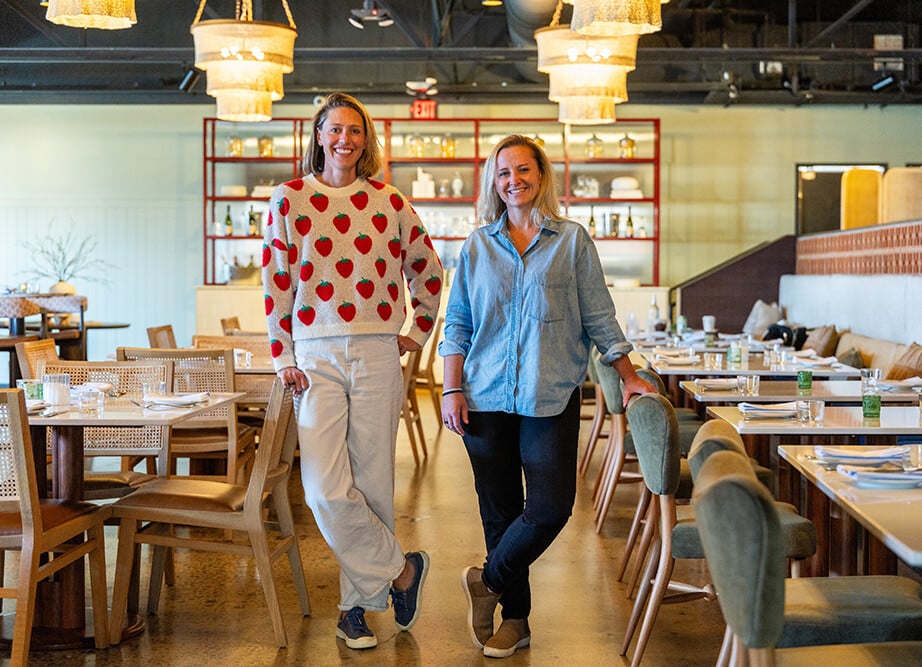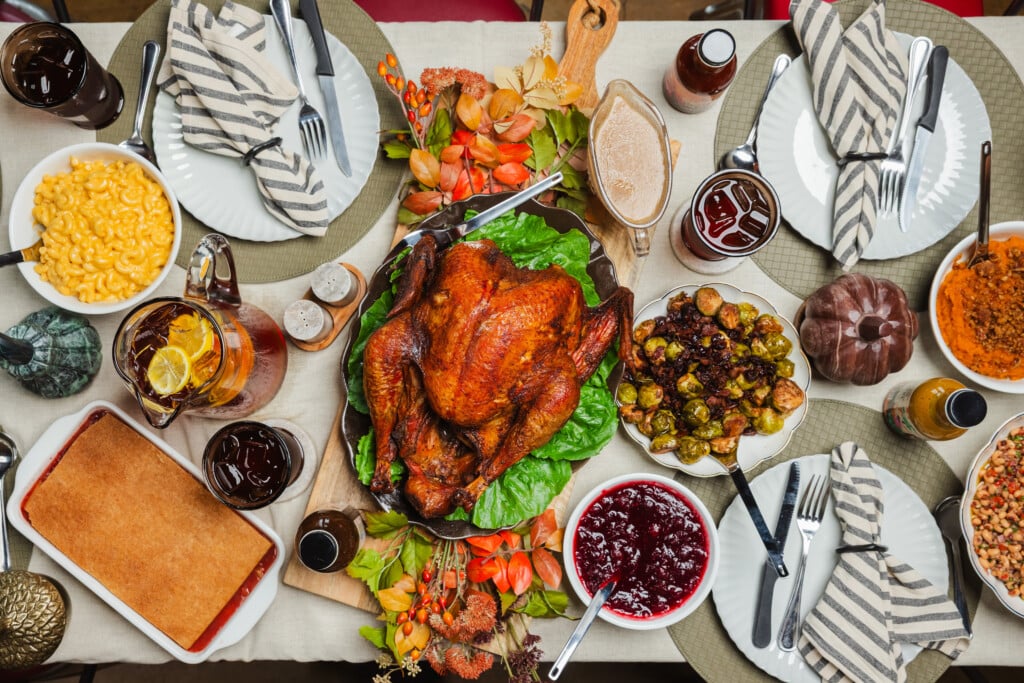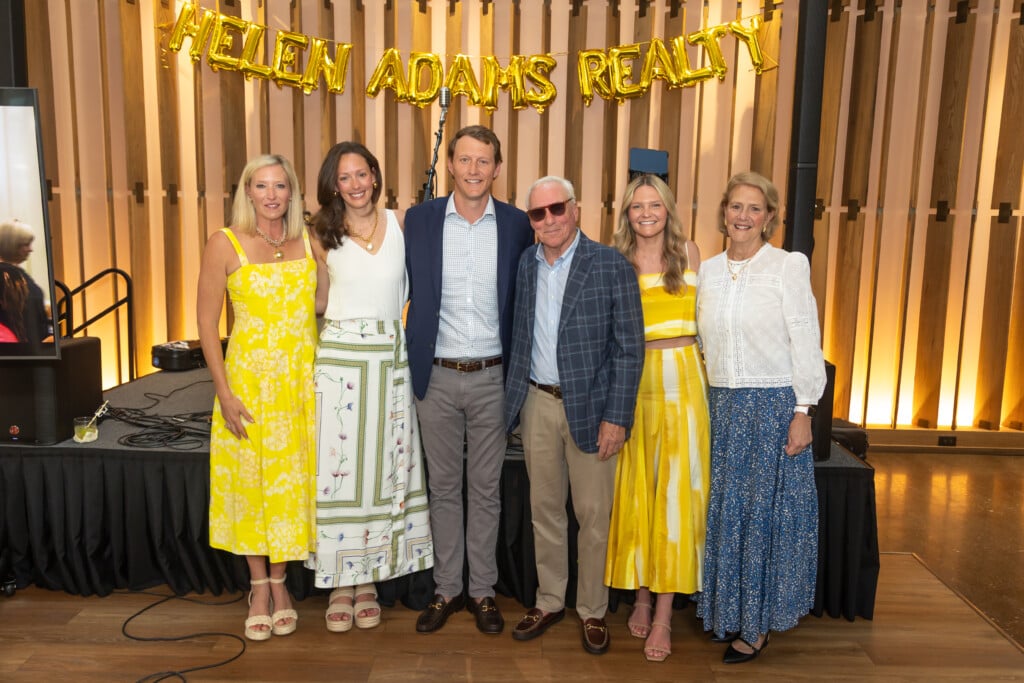Why Do Men Still Hold Most of the Power in the Restaurant Scene?
We asked several female chefs in Charlotte. Their comments varied, if they commented at all.
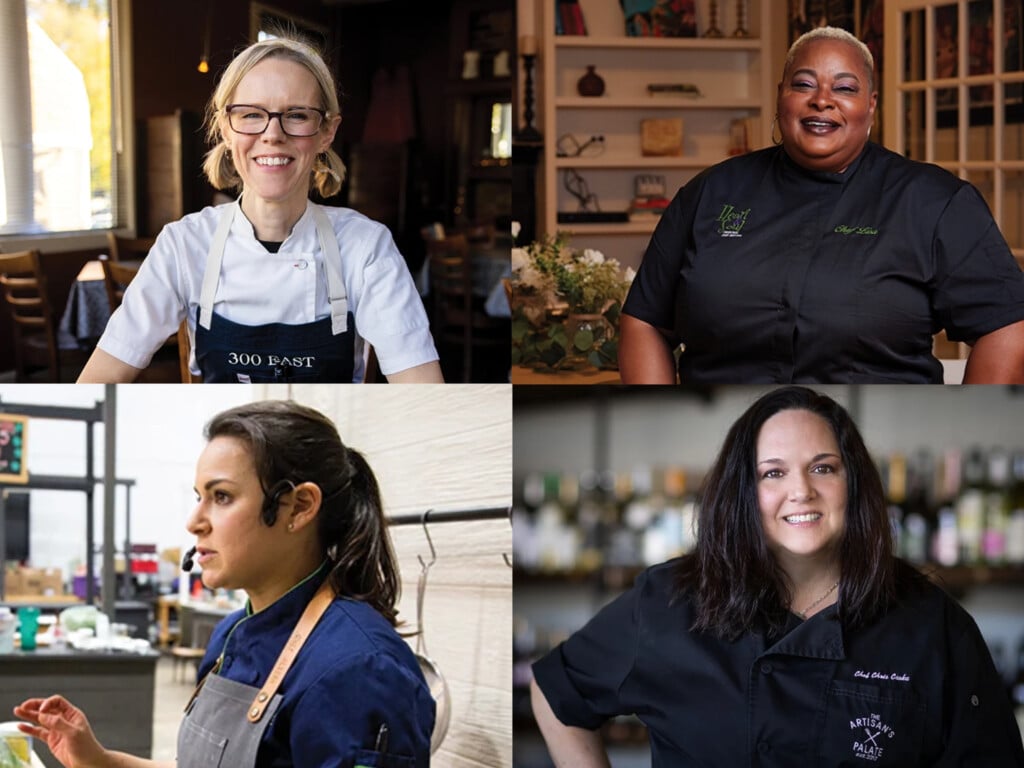
“Have you talked to Ashley Boyd?”
I heard this numerous times as I researched this column. Don’t get me wrong: Boyd is a fiercely talented chef, and she’s appeared in these pages many times for good reason. But why, when I ask around for examples of local executive chefs who happen to be women, is she the only one most people can name?
There’s no shortage of talent: Kaley Laird, Sam Allen, Alyssa Wilen, Brittany Cochran, Taylor Kastl, and Reyaña Radcliff, to name a few. When I reached out to some of these women, a few indicated they didn’t want to give this topic more oxygen. I get it. They’re still being asked to discuss gender issues and not the things they’re truly expert in—cooking and entrepreneurship.
The women who did speak with me were very measured with their responses and concerned I’d cast them as complainers or man-haters. One suggested the media doesn’t give female chefs enough attention—that might be true—and said my questions were “divisive.” But it doesn’t change this fact: Far fewer women than men hold executive chef positions. Women make up 54% of restaurant industry employees, according to the National Restaurant Association, but only 20% of head chefs are women.
After five years of covering food and drink for this magazine, I’ve noticed a pattern of male chefs crediting women, usually their mothers or grandmothers, as their inspirations. So why is cooking a domestic duty for these women but a profession for their sons and grandsons?
At Johnson & Wales University, known for its extensive culinary arts programs, most classrooms are an even split of men and women. It was the same at Central Piedmont Community College for Lisa Brooks, CEO of Heart & Soul Personal Chef Service. After that, she says, something happens. “Women are typically the cooks in the home, so how does that shift when it becomes a profession? I don’t have an answer to that,” Brooks says. “Maybe it’s ingrained in us. Doctors and pilots and restaurant chefs, even pastors, we think of as men. I don’t know how you crack that.”
Think about the implication there: A woman’s place is in the kitchen—until she wants to be paid for her labor.
When Brooks did her internship, the kitchen was a boys club. “I don’t remember having a similar female co-worker,” she says. “All females were front-of-house.” It’s one of the reasons she became a private chef. “I get to keep that matriarchal legacy alive. Will I ever see an award for it? Nope. I don’t need that. But there are people out here doing amazing work, so I’m advocating for a category (for personal chefs) at James Beard.”
The female chefs I talked to expressed their suspicion that investors are more likely to help bankroll a restaurant when a man is in charge. “It does seem to me that some chefs tend to get funding more than others,” says Mother Earth Group founder Jill Marcus, whose portfolio includes Mariposa and Coquette. “Maybe it’s a confidence thing. Maybe it’s gender. But I’m happy being sole owner. I have no investors. It’s always been my kitchen.”
When Christa Csoka opened The Artisan’s Palate in 2019, she raised all of her own capital. “Now, I’m thinking I might need to bring in some money, and it’s not been easy,” she says. “I don’t know if it’s because I’m not going to the right avenues or if it’s because I’m a first-time restaurant owner … but it’s still rare to see a female head chef, much less a female owner.”
Industry veteran Fran Scibelli was just 32 when she opened Metropolitan Cafe in 1994. In the early days, she says, her male assistant was often mistaken as her executive chef. Other men who worked for her would “forget” that she was in charge. “People have to respect you, and that’s hard, especially being short in stature,” she says. “If I were 6 feet tall and 180 pounds, no one would say that to me.”
Everyone had a story about being the only woman in the kitchen—and they told me many more off the record. It’s why they’ve all made space for women in both front- and back-of-house positions. Brooks leads a team of 10 Black female chefs. Csoka’s kitchen is mostly women. Marcus’ staff includes 23-year-old Julia Tucker, who became executive chef at Mariposa last year.
But Marcus hesitates when I ask if she’s optimistic about more women leaders in this industry. Talking about this disparity in public, it seems, can have consequences. “They have to make it happen—that’s the difference between men and women,” she says. “They have to speak up for themselves when men don’t. You can’t waver on the opportunities. You have to kick ass all the time—and it’s hard.”
TAYLOR BOWLER is the lifestyle editor.
